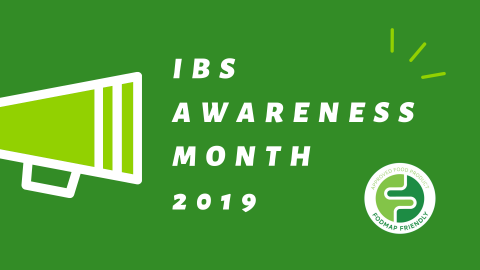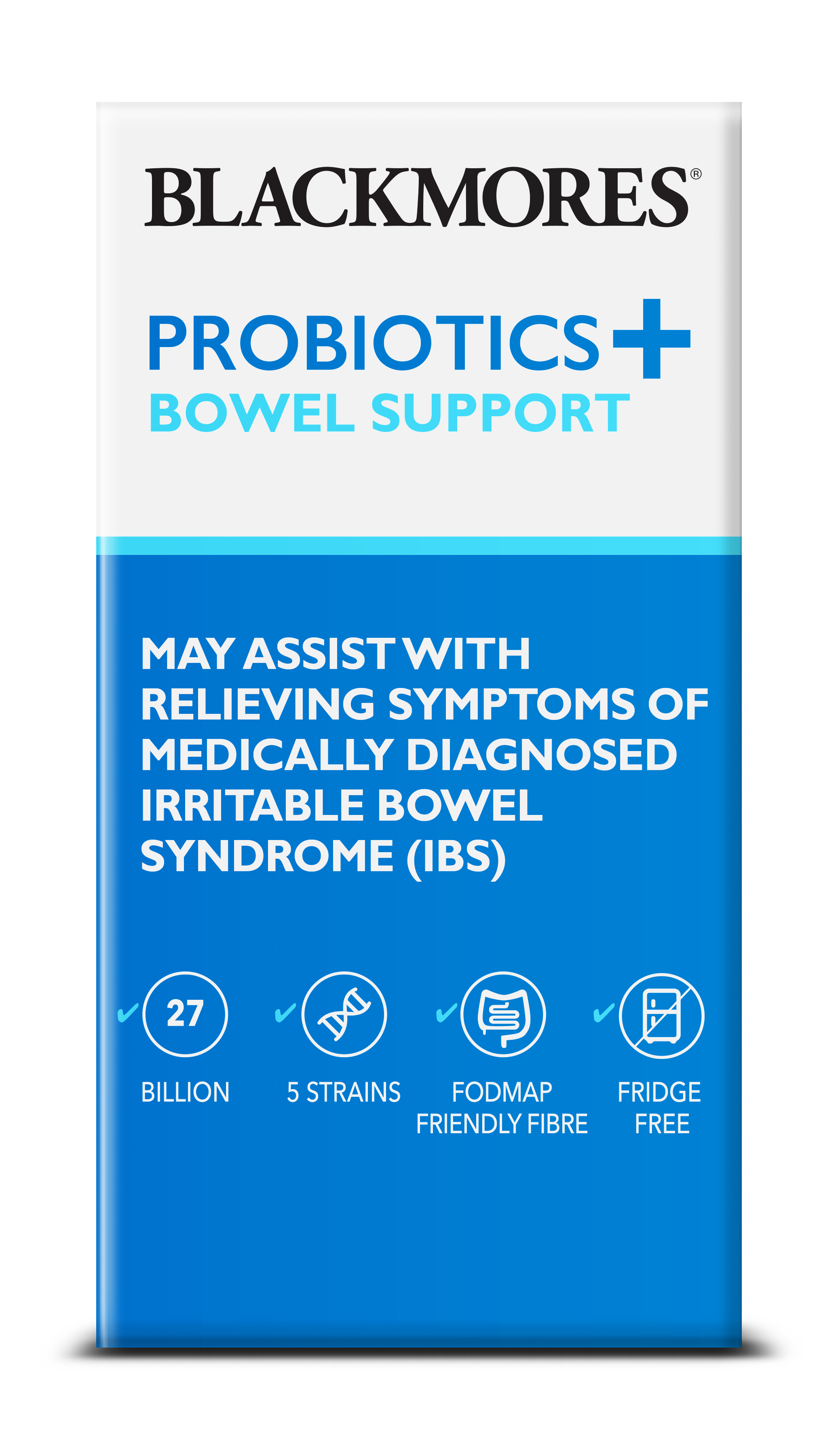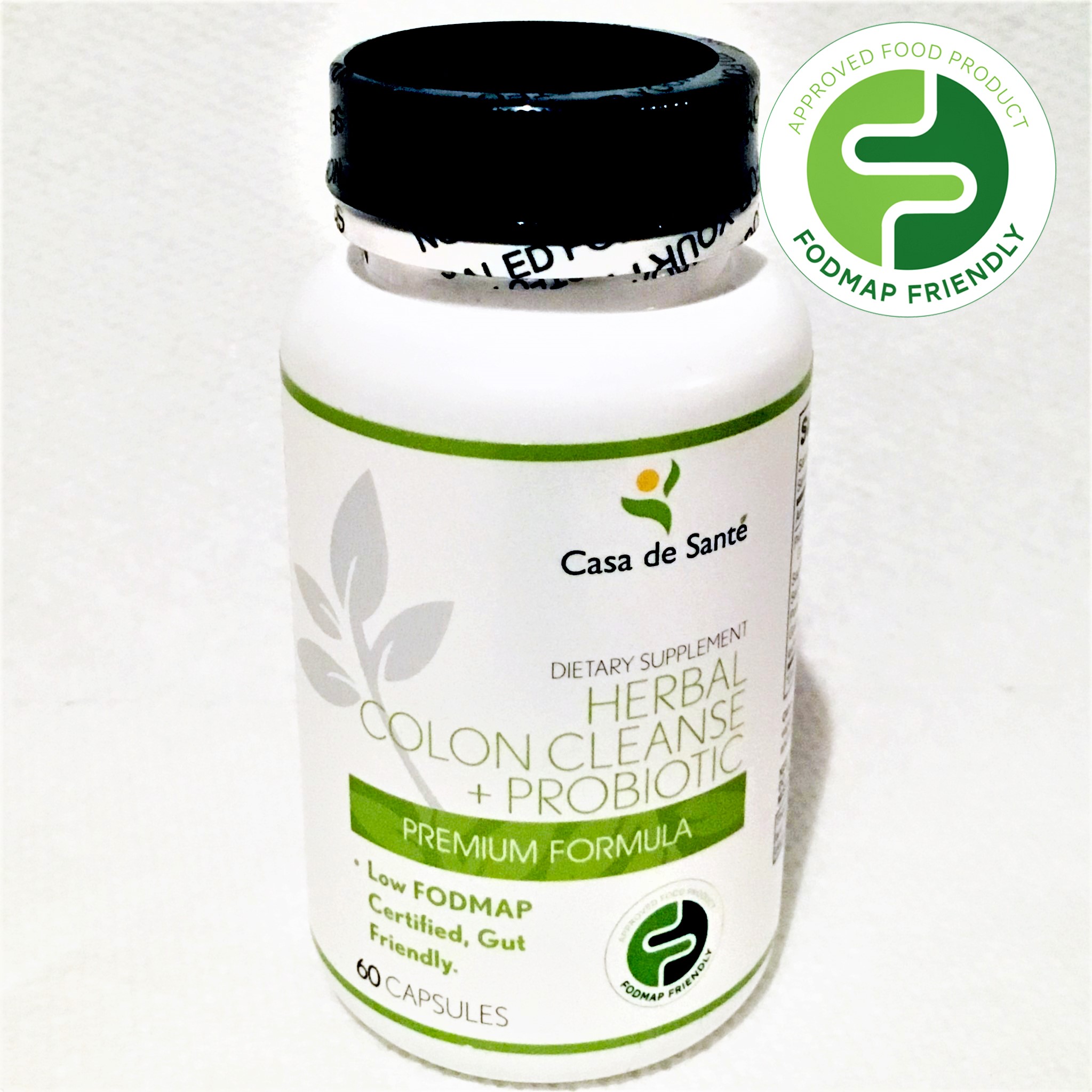Alternate Therapies For IBS | FODMAP Friendly
Posted on April 29, 2019
Research has shown that the low FODMAP diet is effective in improving symptoms in 75% of those with IBS. But what about the other 25%?
1 in 4 people with IBS are considered non-responders to the low FODMAP diet.
Here are some alternate therapies that you can try if the low FODMAP diet is not working for you. You can also try these on top of the low FODMAP diet to help further improve your IBS symptoms!
1. Reduce Or Eliminate Non-FODMAP Dietary Triggers
FODMAPs are not the only foods that can cause gastrointestinal distress in those with IBS. Non-FODMAP gut irritants include caffeine, alcohol, high fat and spicy foods.
Some people may also find gluten, dairy and food chemicals cause irritation in their gut. Ask your dietitian to trial eliminating foods containing these to see if they are your potential trigger. Please note, these foods are not “bad” for you, and should not be eliminated if they are not exacerbating your symptoms.
Check your meal sizes and meal patterns! Those who have very large meals throughout the day may find better symptom relief by eating more smaller meals instead. Eating large portions prior to sleeping is also known to cause indigestion in some people with IBS. Trialing difference meal sizes and times can assist with symptom management.
2. Reduce Your Stress Levels
Your stress levels are directly correlated to your gut. This is known as the gut-brain axis. Do you know the feeling of “butterflies” when you are nervous or stressed? This is because stress can increase the sensitivity levels in the gastrointestinal tract, meaning increased or decreased motility. Stress will consequently affect your IBS symptoms! Reducing stress is an extremely effective way to improve IBS symptoms. Try incorporating stress reducing activities such as yoga, meditation, or seeing a psychologist for better stress management strategies.
3. Adjust Your Exercise Regime; Too Much Or Too Little Can Affect Your Gut
If you do not currently have an exercise regime, research shows it’s a great way to get your gastrointestinal tract moving. Incorporating 10-30 minutes of exercise such as walking, jogging, swimming or yoga, has been proven to assist with improving symptoms of constipation. On the other end of the spectrum, extremely high levels of endurance exercise can cause negative gastrointestinal symptoms such as cramping, diarrhoea and bloating. Endurance exercise adding up to over 3 hours a week is shown to trigger gastrointestinal symptoms. Therefore, reducing endurance exercise to less than 3 hours a week may improve your symptoms.
4. Gut Directed Hypnotherapy
Research on gut directed hypnotherapy has shown promising results for those with IBS. Gut directed hypnotherapy focuses on relaxation, positive imagery and sensation to stimulate improvements in IBS symptoms. With the close correlation between the gut and brain, hypnotherapy can be a great treatment to try in conjunction with the low FODMAP diet.
5. Try Supplements or Probiotics To Help Boost Your Gut Health
Supplements such as peppermint oil, fibre and probiotic supplements may assist with boosting your gut health, and consequently improve symptoms. It is important to be wary of any high FODMAP ingredients in the supplements you are taking – they could be doing more harm than good! Below are some FODMAP Friendly certified supplements and probiotics you can try to assist with boosting your gut health!
Blackmores Probiotic + Bowel Support
Casa De Sante Colon Cleanse + Probiotic












